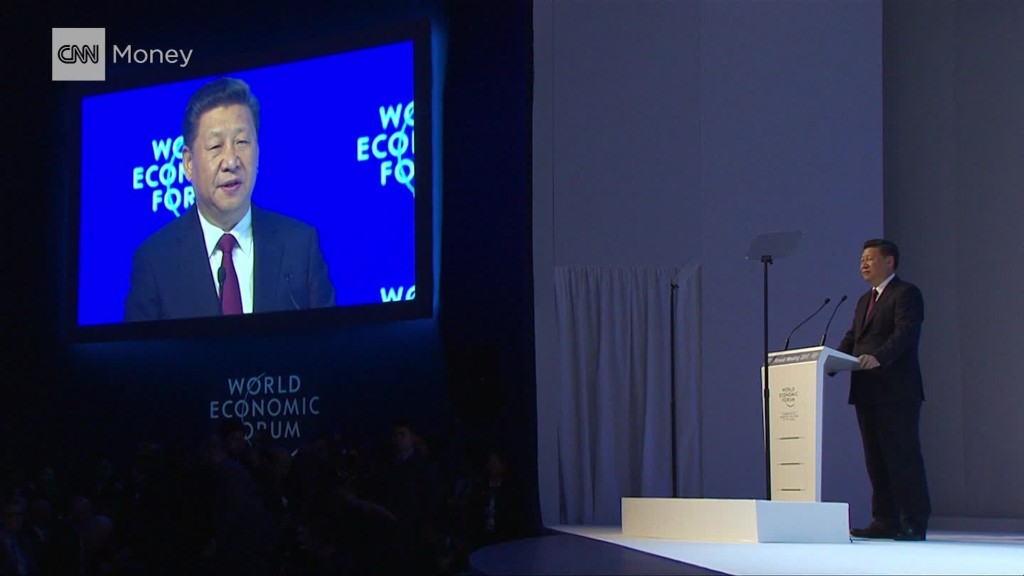Really interesting China File piece by Robert Daly about America’s dilemma in dealing with the world’s most populous country, whose breakneck modernization is now showing its first signs of true maturation. There are only twisty paths ahead. “The U.S. and China are now so interdependent that Washington cannot impose economic costs on China that don’t ricochet onto U.S. allies and the United States itself,” the author wisely writes.
Money talks and bullshit walks, as our free-market saying goes, and China’s new wealth has been brought to bear on Hollywood, Silicon Valley and other Western dream factories, despite its ghastly record on human rights. Will growing purchasing power allow it to buy the place at the head of the table, normalizing autocracy in a way the contemporary world has never before seen?
Daly asks a fascinating question: “Does China’s inability to foster innovation still matter now that it can purchase it overseas?” He seems to think not, but I believe it does. An economic collapse, should it occur, would probably be only a temporary drag, but a society that steadfastly refuses its people free expression is a denatured state that precludes real innovation, which at some point should be an organically grown product.
One thing Daly assumes is that America will continue to stand for liberal democracy under Donald Trump, who seems determined to force his autocratic impulses into the Oval Office. The U.S. people and traditions may neutralize him, but a President even attempting to undermine liberty will diminish our moral authority.
An excerpt:
By 2016, a broad swathe of Americans had begun to feel the effects of China’s development in their everyday lives—in shopping malls, at the multiplex, in paychecks—and to sense that the center of global power might be shifting from the United States toward China. Since the two countries established relations in 1979, U.S. institutional and ideational impact on China has far outstripped China’s minuscule influence on U.S. tastes and values. In 2016, China’s big plans may have begun to tilt the balance. Consider the summer of 2016: In June, China built the world’s fastest supercomputer (unlike the previous fastest machine, also made in China, the new one used only Chinese chips—and no U.S. hardware); in July, China completed the world’s biggest radio telescope; and in August, it sent the world’s first quantum-communications satellite into orbit.
China’s 2016 successes followed its construction of the world’s longest high-speed rail network; its creation, over the last few decades, of cities, like Pudong and Shenzhen, out of rice paddies; and its development of the world’s largest telecom system. It is now China, not the United States, that uses industrial policy to master emerging technologies, makes massive capital investments, appropriates land, and quickly brings new ideas to market on a continental scale. China increasingly drives global supply and demand, while the West settles for Nobel prizes.
China’s ability to plan big depends in part on foreign innovation, some of it stolen, and on an authoritarian government that botches many of its grand projects. But that will be scant consolation for Americans if the next wave of discovery, not to mention both the hard and soft power accrued by it, is spurred by Chinese telescopes and satellites. China, furthermore, is aware of its creativity deficit. In 2016, Beijing accelerated its Silicon Valley shopping spree, buying tech and talent it couldn’t produce at home. Americans often observe that China is imitative, not innovative, and that its politicized universities and denial of personal freedom make it dependent on others for new ideas. That may have been important before China got rich, but does China’s inability to foster innovation still matter now that it can purchase it overseas?•

